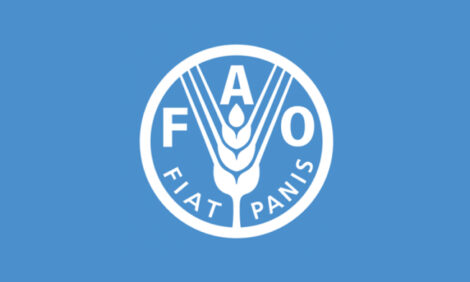



BSE Continues to Alarm Cattle Industry
CANADA - Canada’s 12th indigenous case of bovine spongiform encephalopathy (BSE) is the latest source of alarm for the U.S. Department of Agriculture.Had the latest Canadian case of BSE not been caught by Canada’s voluntary detection program, the beef would have been eligible for export to the United States.
Currently, Canada does not require mandatory testing for BSE. R-CALF USA President/Region VI Director Max Thornberry believes there is a high possibility that BSE-infected cattle are entering the United States undetected. “Without country-of-origin labeling (COOL) in place, consumers cannot distinguish U.S. beef from Canadian beef, so they have no way of avoiding this risk.”
Eric Nelson, R-CALF USA Trade Committee co-chair, believes the U.S. cattle industry is unnecessarily compromising its reputation through association with Canadian beef. “It is unconscionable that USDA would not at least allow U.S. cattle producers to differentiate their high-quality U.S. beef from Canadian beef with a country-of-origin label so we can maintain consumer confidence in our product and gain full resumption of U.S. exports.
“USDA should take swift action to protect U.S. consumers and the U.S. cattle herd and to alleviate any negative perceptions major beef importers may have regarding Canada’s BSE status, to keep from further eroding our chances of reopening lost export markets,” Nelson said.
Source: Western Farm Press


